Some twelve hours after Hamas’ launching of thousands of missiles and infiltrations into Israeli territory had begun on October 7th, the BBC News website published a backgrounder which purported to provide audiences with the answers to questions about the events.
That backgrounder was originally titled “Israel attack: What is Hamas, and other questions” – a headline which obviously could confuse readers by leading them to believe that Israel was the party doing the attacking but was nevertheless repeated in additional content – and the first version was credited to Raffi Berg.
In the hours and days that followed the article was updated numerous times and is currently headlined ‘What is Hamas, what is happening in Israel and Gaza Strip, and other questions’. Its aim is explained in the opening paragraphs: [emphasis added]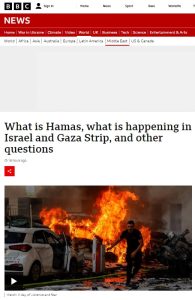
“The Palestinian militant group Hamas has launched an unprecedented attack on Israel, with its fighters entering communities near the Gaza Strip, killing residents and taking hostages.
Here’s what you need to know about the people and places involved – and the essential context to understand this story.”
On October 9th – two days after its initial publication – those opening paragraphs were slightly amended but continue to whitewash Hamas as a “militant group”:
“The Palestinian militant group Hamas has launched an unprecedented attack on Israel, with its fighters entering communities near the Gaza Strip, killing hundreds of residents and taking dozens of hostages.
Here’s what you need to know about the people and places involved – and the essential context to understand this story.”
As we see, the thousands of concurrent rocket attacks are absent from the BBC’s opening portrayal of Hamas’ attack. Let’s therefore take a look at what the BBC considers “essential context” – and what it does not.
As ever – and in line with its selectively applied editorial guidelines – the BBC shies away from describing Hamas as a terrorist organisation in its own words. Under the sub-heading “What is Hamas?” readers are told that:
“Hamas is a Palestinian militant group which rules the Gaza Strip. It is sworn to Israel’s destruction and wants to replace it with an Islamic state. Hamas has fought several wars with Israel since it took power in Gaza in 2007.”
And:
“Hamas as a whole, or in some cases its military wing, is designated a terrorist group by Israel, the United States, the European Union and the UK, as well as other powers. Hamas is backed by Iran which funds it and provides weapons and training.”
Hamas’ long record of terror attacks against Israeli citizens is inadequately portrayed as follows:
“In between those wars, it has fired or allowed other groups to fire thousands of rockets at Israel, and carried out other deadly attacks. Israel has also repeatedly attacked Hamas with air strikes, and, together with Egypt, has blockaded the Gaza Strip since 2007, for what it says is its security.”
The context of Israel’s withdrawal from the Gaza Strip in 2005 is absent from the BBC’s account, as is the violent coup perpetrated two years later by Hamas. The fact that Hamas forcibly ousted the Palestinian Authority from the Gaza Strip is whitewashed with the phrase “took power”. The fact that the blockade which began in September 2007 came about because of a sharp rise in Hamas terrorism following that coup is not clarified to readers.
The next section is titled “What is the Gaza Strip?” and readers are told that:
“The Gaza Strip is a 41km (25-mile) long and 10km-wide territory between Israel, Egypt and the Mediterranean Sea. It is home to about 2.3 million people and has one of the highest population densities in the world.”
Interestingly, earlier versions of the backgrounder stated that the population of the Gaza Strip is 1.6 million but still promoted the same ‘population density’ narrative seen frequently in BBC reporting.
The context of Egypt’s occupation of the Gaza Strip between 1948 and 1967 and the fact that it is part of the territory allocated by the League of Nations for the establishment of a Jewish homeland is absent from the BBC’s account which goes on to promote a link to a problematic backgrounder about ‘life in the Gaza Strip’ which has been amended several times since its initial appearance in 2012.
That section continues:
“Israel controls the air space over Gaza and its shoreline and restricts who and what goods are allowed in and out through its border crossings. Similarly, Egypt controls who passes in and out through its border with Gaza.”
The BBC does not bother to explain the background to Israel’s control over air space and coastal waters and no mention is made of the November 2005 agreement with the Palestinian Authority following Israel’s withdrawal from the Gaza Strip. The fact that restrictions on goods apply only to dual-use items that can be employed for terrorist purposes is not clarified either, along with the fact that all countries control “who passes in and out” of their borders – particularly when what lies on the other side of that border is territory under the control of terrorists.
The next section was originally titled “What is Palestine and what have these events got to do with it?” and was later retitled “What is Palestine and when did the conflict with Israel begin?”. There readers find dubious presentations of history but no mention of the League of Nations assignment of the entire area for the creation of a Jewish homeland. For the first 44 hours or so after its publication the article told readers that:
“The West Bank and Gaza, which are known as the Palestinian territories, as well as East Jerusalem and Israel all formed part of land known as Palestine since Roman times.
These were also the lands of Jewish kingdoms in the Bible, and are seen by Jews as their ancient homeland.”
In the next section – headed “Why are Israel and Hamas fighting?” – readers of the first eight versions fond the first mention of rocket attacks and another very minimalist account of the actions of the Hamas terrorists which completely fails to convey the extent of the atrocities.
“There is constant tension between Israel and Hamas, but the attack by the militants on Saturday came without warning. Hamas fired thousands of rockets at Israel while dozens of fighters breached the border and invaded Israeli communities, killing dozens of civilians and taking others captive.
Israel launched immediate air strikes, saying it was targeting militant sites in Gaza.”
By the time the eighth version of this report was published on the afternoon of October 8th, it was already known that the number of civilians killed is in the upper hundreds rather than “dozens”.
That supposed explanation of “Why are Israel and Hamas fighting?” does not include any reference to Hamas’ long-stated aim of wiping Israel off the map.
In the latest version of the report – published nearly 48 hours after its original appearance – the title of that sub-section was changed to read ‘Why did Hamas attack now?’ and readers found a new theme:
“Although the attack by the militants on 7 October came without warning, it happened at a time of soaring Israeli-Palestinian tensions.
This year has been the deadliest year on record for Palestinians in the Israeli-occupied West Bank, which could have motivated Hamas to strike Israel with a spectacular attack. Hamas might also have been seeking to score a major propaganda victory against Israel to boost its popularity among ordinary Palestinians.
The fact that it has taken so many Israelis captive is likely to be aimed at pressuring Israel to free some of the about 4,500 Palestinians held in Israeli prisons – a highly emotive issue for all Palestinians.”
No attempt is made to inform BBC audiences that most of the “Palestinians held in Israeli prisons” are convicted terrorists and similarly readers are not told that the majority of the Palestinians killed in 2023 were members of terrorist organisations – including around 35 belonging to Hamas itself – or males who were carrying out terror attacks or acts of violence at the time. The BBC does not bother to explain the ‘logic’ behind its unevidenced speculation that a terrorist organisation which sends its operatives to commit acts of terror against civilians would then be “motivated” to launch a massive attack because they were killed in or following the act.
Later sections of the article – which is still being amended – are used to re-promote reports written by three BBC journalists – Jeremy Bowen, Frank Gardner and Yolande Knell – with readers told that “Militants breached the wire that separates Gaza from Israel in multiple places” but no mention made of the paragliders used or the attempted infiltrations by sea.
As we see, this backgrounder falls seriously short of its declared aim of providing BBC audiences with “the essential context to understand this story” and completely fails to report the extent of the atrocities perpetrated by a terrorist organisation that the BBC continues to refuse to define as such in its own words.

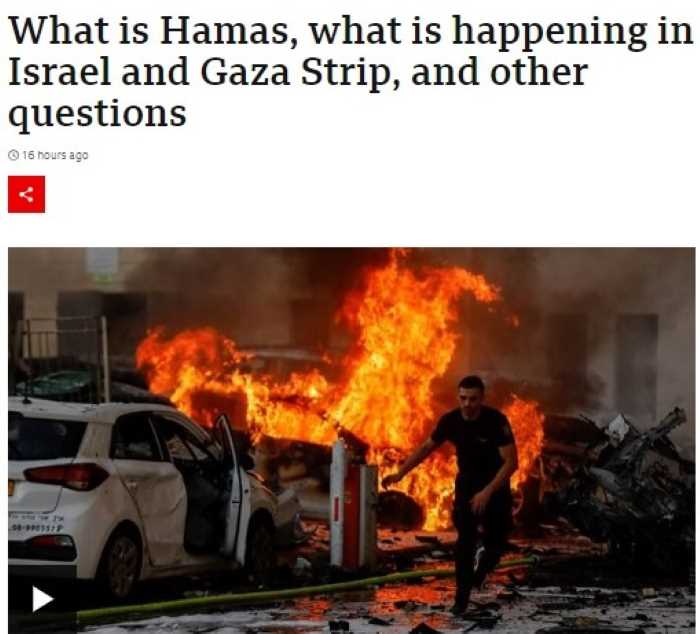
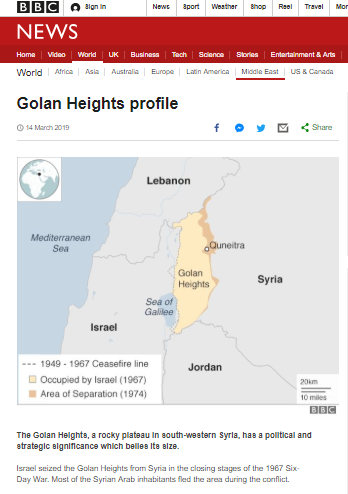
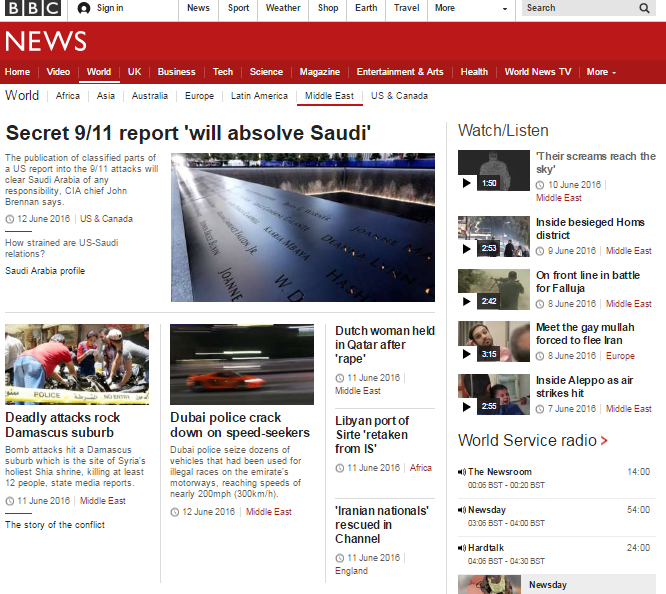
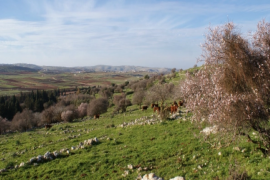
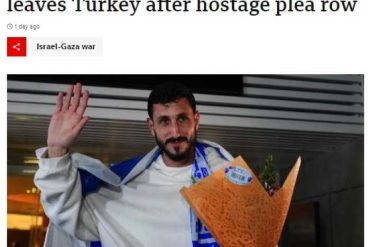
When the uk foreign secretary is chastising the BBC, as he did yesterday on live TV, for them refusing to call the Hamas a terrorist organisation which they are as they are already proscribed in this country and the EU. It is high time the BBC bosses sat up, showed some backbone and got rid of this Islamist faction within the organisation or completely shut down BBC news altogether. #defundthebbc
1.These reports failed to mention that from 1948-56 Gaza was “occupied” by Egypt and was the cause of the Sinai Campaign of 1956 was because of the fedayeen raids from Gaza into Israel, aided and abetted by Egypt.
2. No mention is made of the 600 trucks daily from Israel transporting goods etc including cooking LPG into Gaza until Saturday, as well as the supply of by direct pipeline of diesel fuel, petrol, and potable water.
3. None has mentioned how Hamas utilized building materials such as pipes for the missile shells instead of construction.
4. No mention of how the rocket propellants and explosives, para-gliders have got into what BBC has described as a sealed off area.
5. Failure to mention or even question how these thousands of missiles etc were manufactured and stored for x years in underground tunnels(using materials that were for housing construction and not for deep bunkers etc)
6. Overall, the BBC has failed to question or even query any of the above because it suits their anti Semitic agenda and Bowen, Garner and Knell have displayed an absence of professional journalism
Prior to the Sinai Campaign 256 Israelis were murdered in cold blood by the fedayeen out of a population 1.8 million,
Now it is 1200 out of a population of 10 million – THE SAME PROPORTION – seems like the BBC Bowen etc don’t want to know any history except that of the “Palestinians”